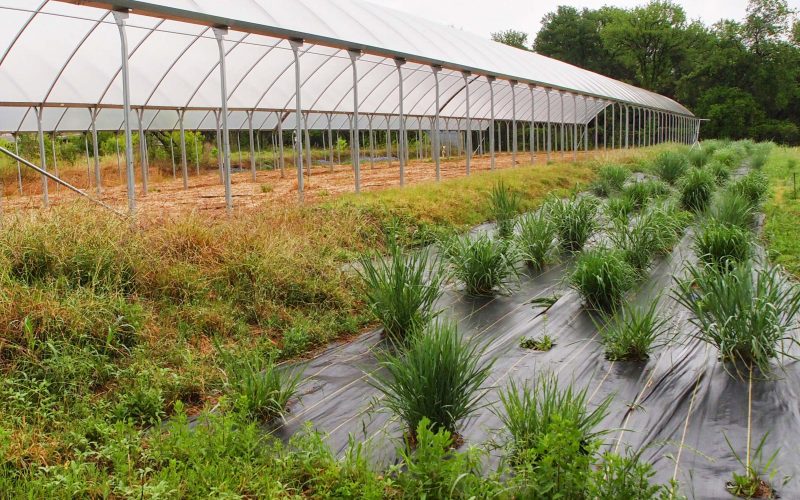
Brackenridge Field Laboratory
Contact:
Jason Lawson
Field Station Manager
jlawson3413@utexas.edu
832-722-9447
Region Served: Austin, Texas
Website: fieldstations.utexas.edu
Focus Area: Research
Research
Additional Goals for This Institution
Buildings and Energy
Engagement
Food Service
Investments
Landscapes and Horticulture
Transportation
Waste
Water





